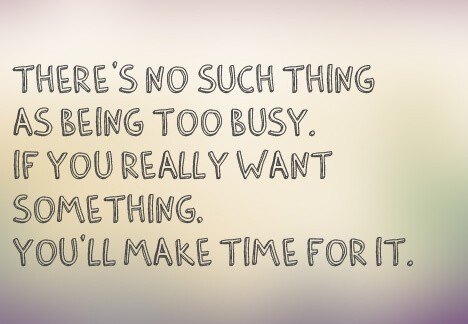{latest in a developing series on Smashing Paradigms}
For my story-telling explanation of the definition of a Paradigm, see “What is a Paradigm“.
One way of defining a paradigm is “an unconsciously held belief that limits us from fresh thinking” or “we’ve always done it this way”

(c) smasherofficial.com
My theme for this week in Smashing Paradigms. Stop the madness, stop the “Busyness”!
Consider these two images first

And, for the parents, this one

Priorities?
A month ago I wrote “What do you do ?“, reflecting on the question it seems people in London invariably ask when they meet someone new. Once they’ve established that, then the follow up is often something like: “So, are you busy ?”, to which the expected answer is always to hear that someone is very busy.
What if the answer was, instead, along the lines of “no, not busy, actually”.
Oh no, socially awkward moments would ensue. After all, what to do if someone calmly and happily tells you they are not busy?
What if they told you they chose not to be hyper busy as they had other priorities. Their children, perhaps?
What if they chose to only actively work 3 or 4 days a week and took the balance of their time to invest in themselves?
Crazy, huh?
An article that is circulating again right now is about the “five-hour rule”. To some extent it is “clickbait” as the headline is :
“Bill Gates, Warren Buffett, and Oprah Winfrey All Use the 5-Hour Rule”
That said, I’m glad if people read this as it may provoke many of us to consider if being “busy” is serving us positively.
The article talks about reserving five hours each week for one or more of the following :
- Read
- Reflect
- Experiment
Oh, and read the article please, consider that many of the most commercially successful people (and yes, let’s skip the paradigm today that success equals money!) are known to read five hours per DAY (Warren Buffett), work less than 40 hours per week (every single employee at the radically successful in many ways) software house 37 Signals), sleep at least 8 hours per day (Arianna Huffington) etc etc
As a coach to leaders around the world, and in particular with CEOs, I constantly find themes to work with them on that include one or more of :
- Elevating their context to work ON the business, not IN the business
- Be (as I wrote here) the “Keeper of the Vision”
- Manage the Energy (for themselves and for their business)
- Be clear on their personal WHY
- Be a leader, don’t Do leadership
Put simply, for leaders, less is more. Simple, yes? But how many of you just skipped over this and then skipped to thinking: “I get that, but I have so much to do, I’m so BUSY !”
I’m passionate about new models for leadership and am developing one themed #OpenLeadership. Though my writing on this on LI has stalled of late, the work around this has not, I continue to read, reflect, experiment (as the five hour rule article talks about), taking time to read, to reflect, and also to experiment through lots of interesting conversations with leaders in wildly varying spaces.
In all of this, similar themes come through, and one of them is that being busy is not a virtue, and in fact can be radically destructive to all of us, and in particular to our capability to lead ourselves and so lead others.
As for me, I recognise a tendency towards busyness, so in 2017 I committed to posting daily on this site. Around this, I, therefore, create time to “pose puzzles” as I wrote about here, and I do this by, among other things, experimenting, reading, reflecting. My writing is an anchor for me to keep the discipline of NOT being too busy.
So, “are you busy?”
